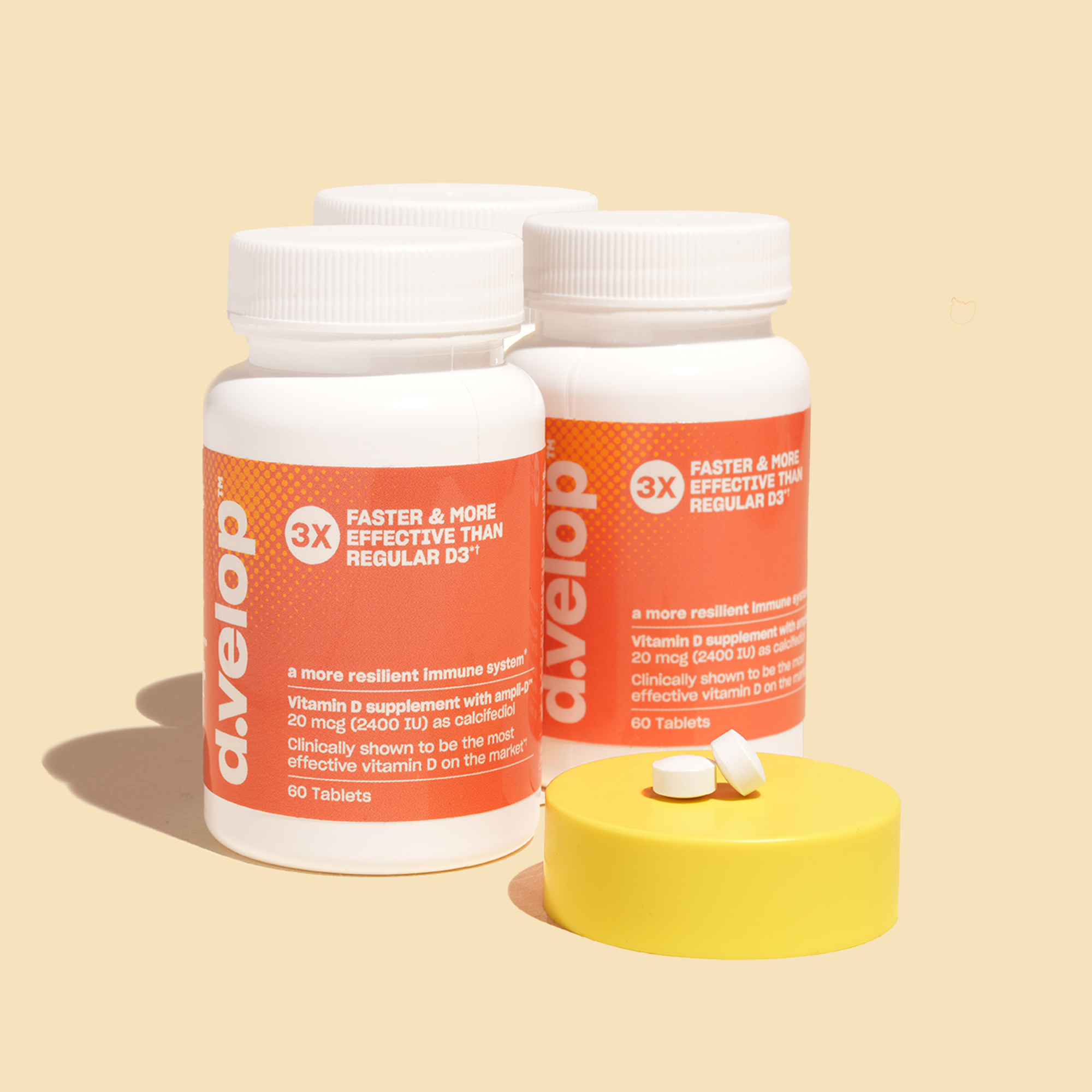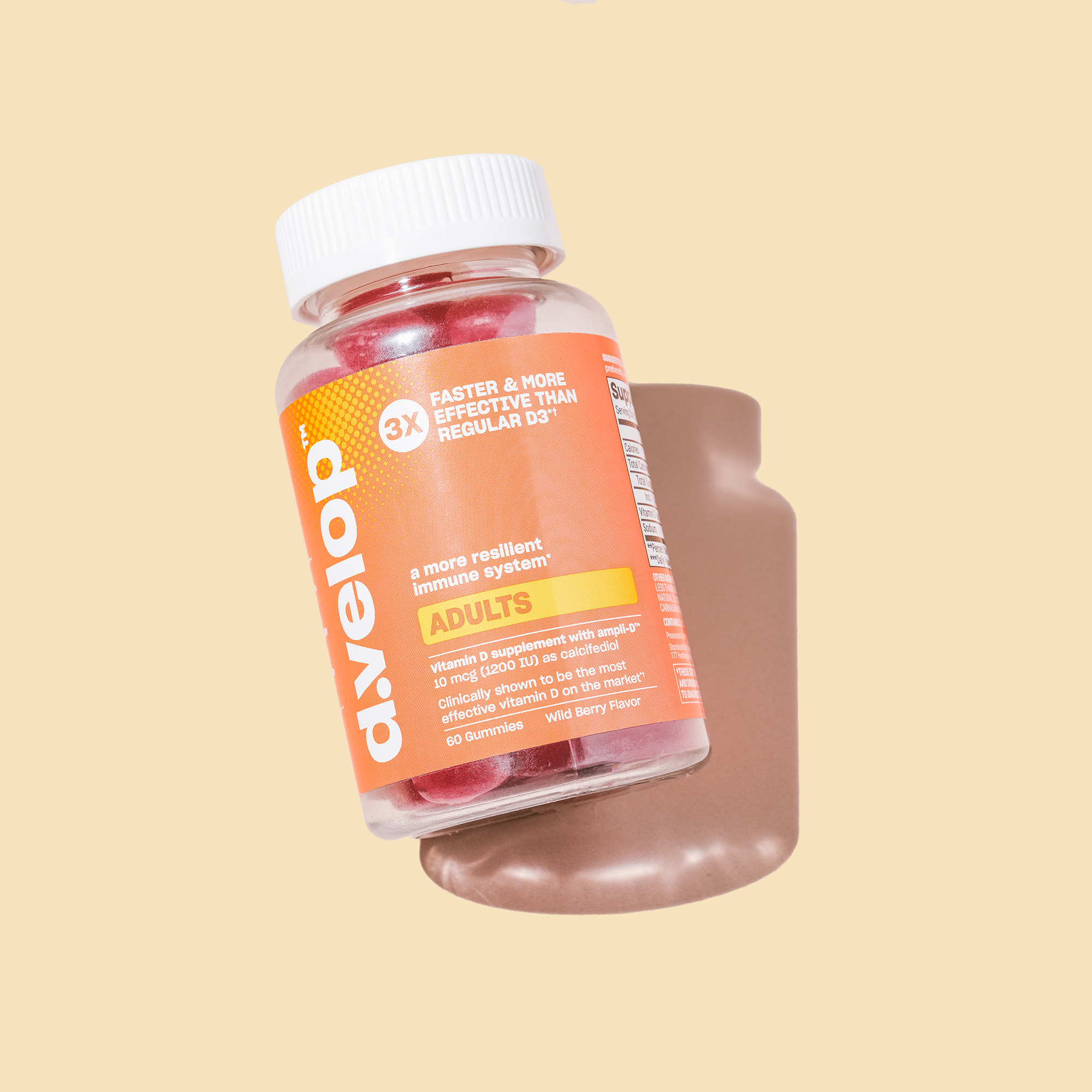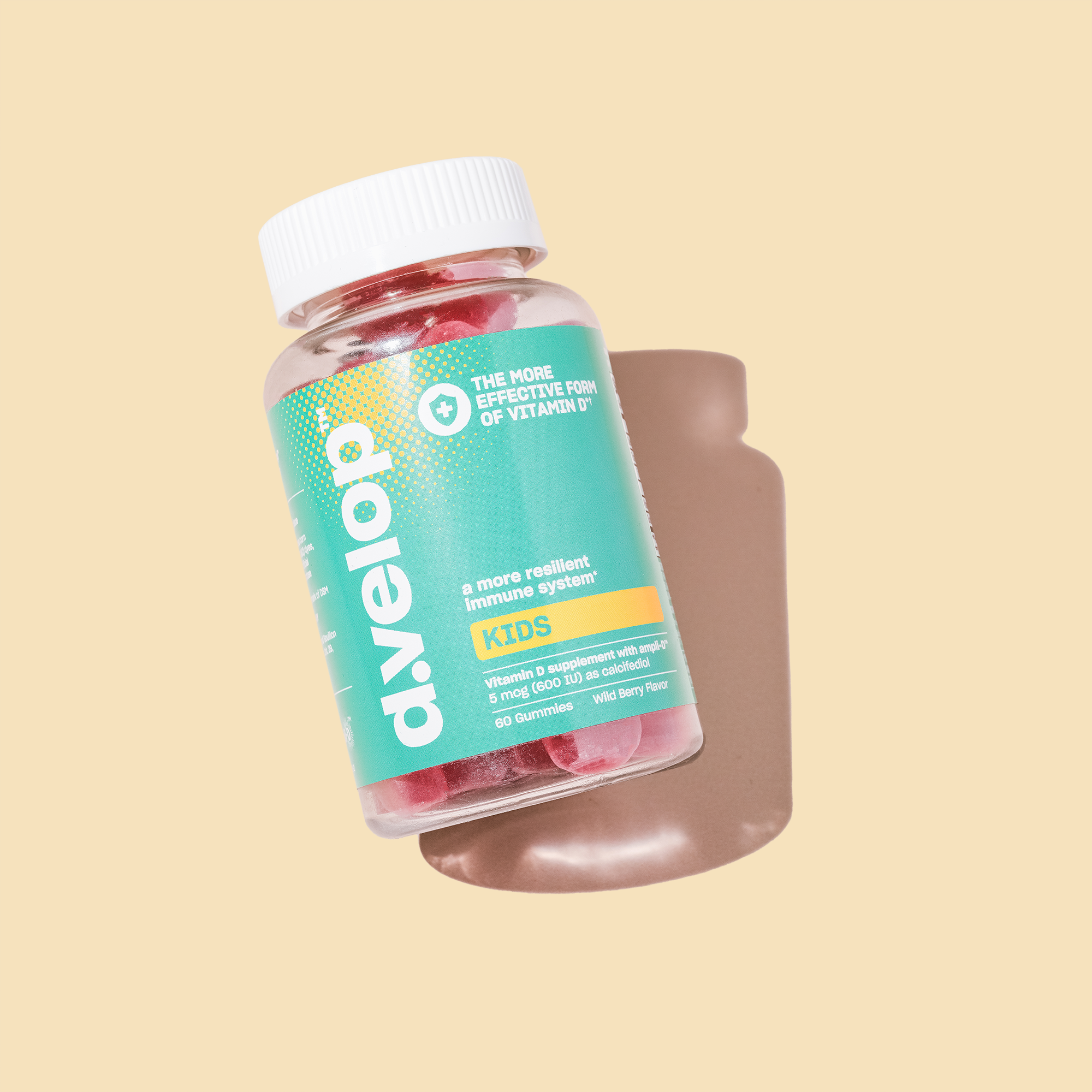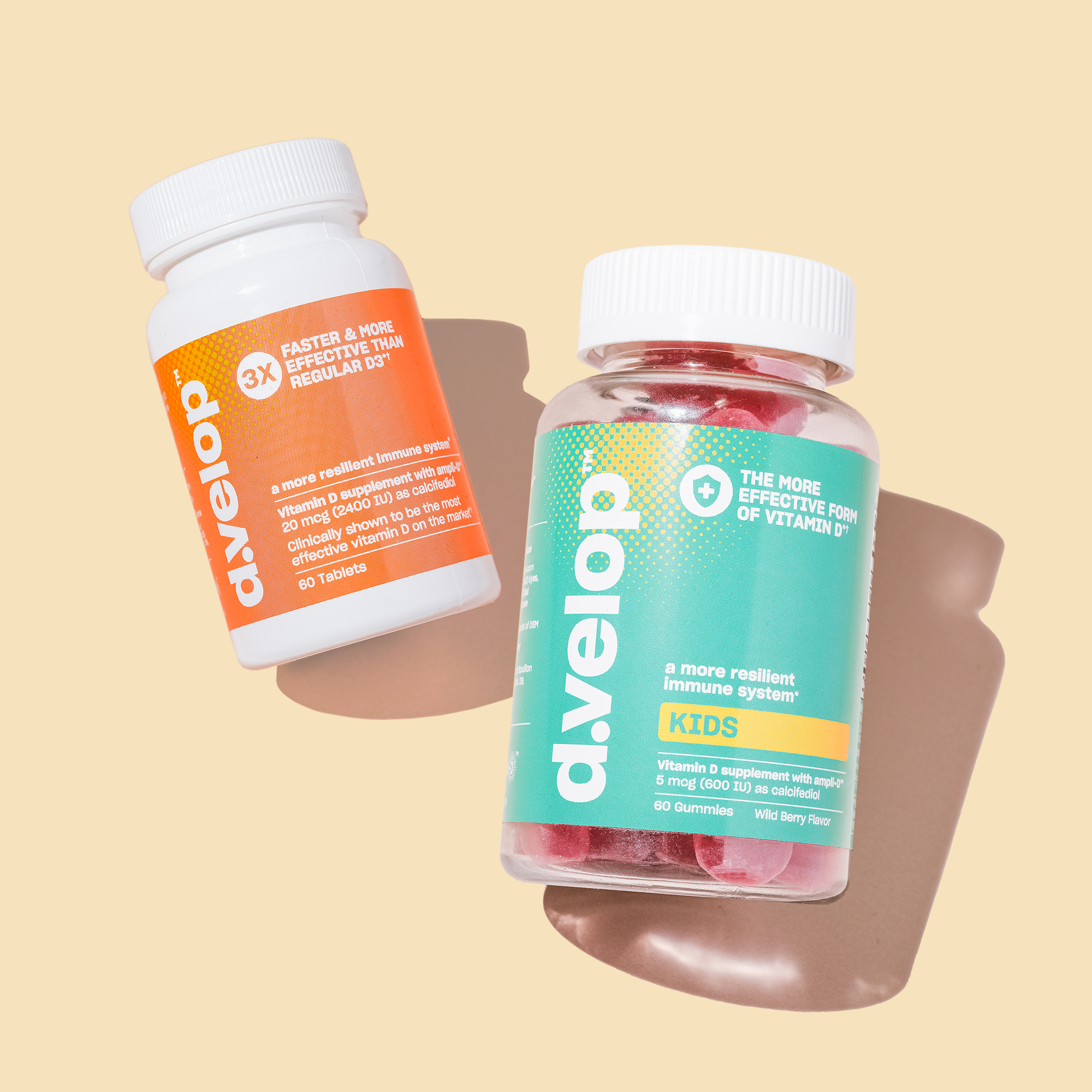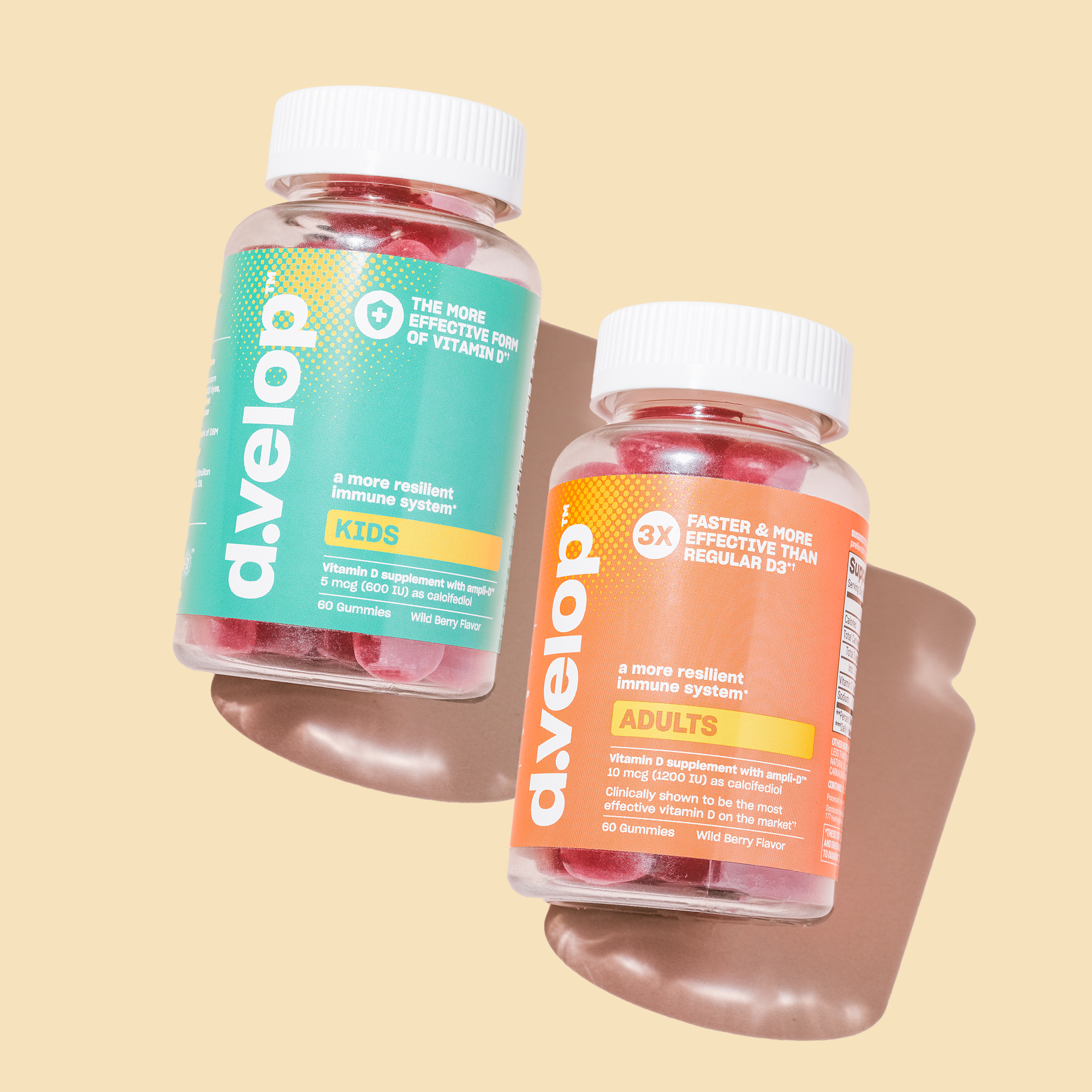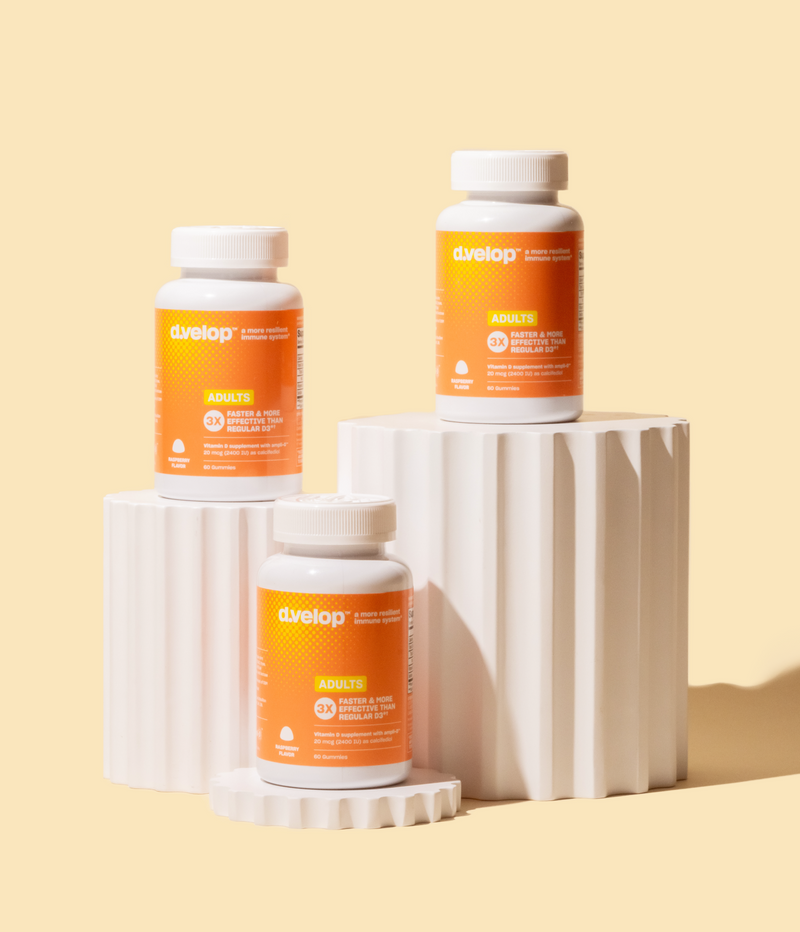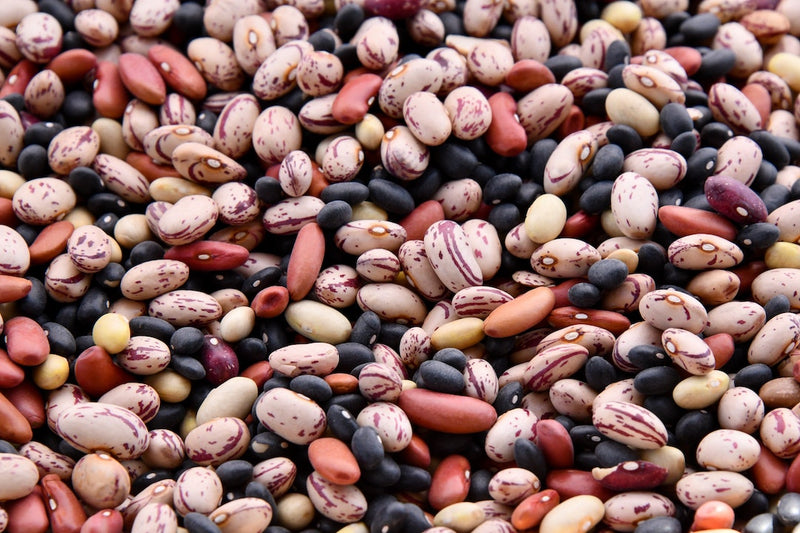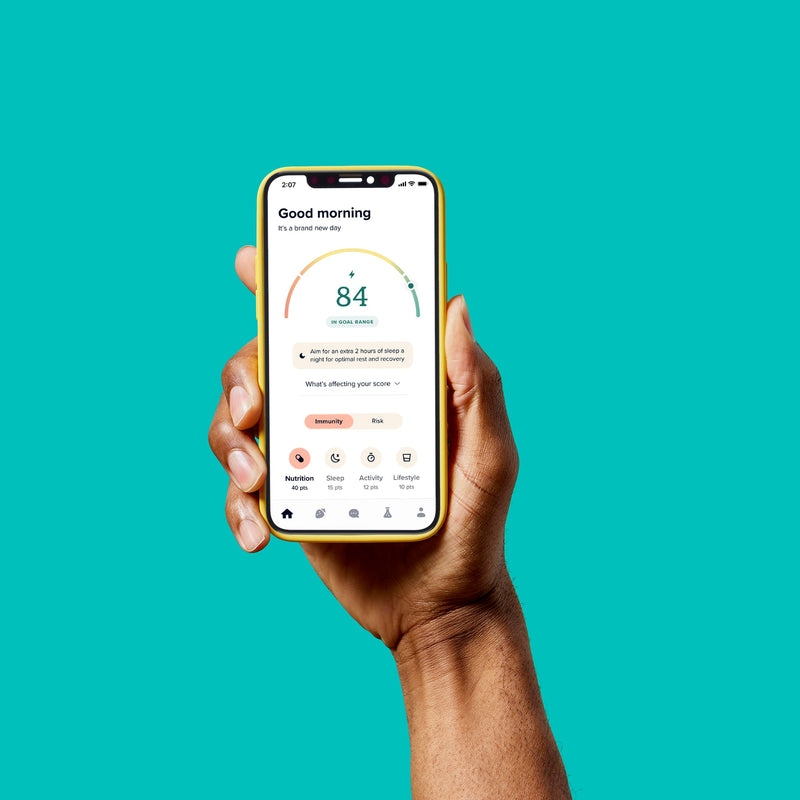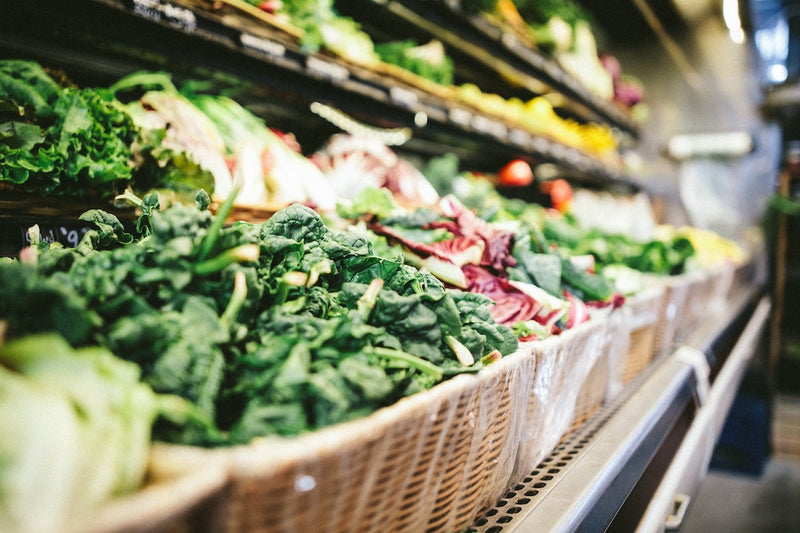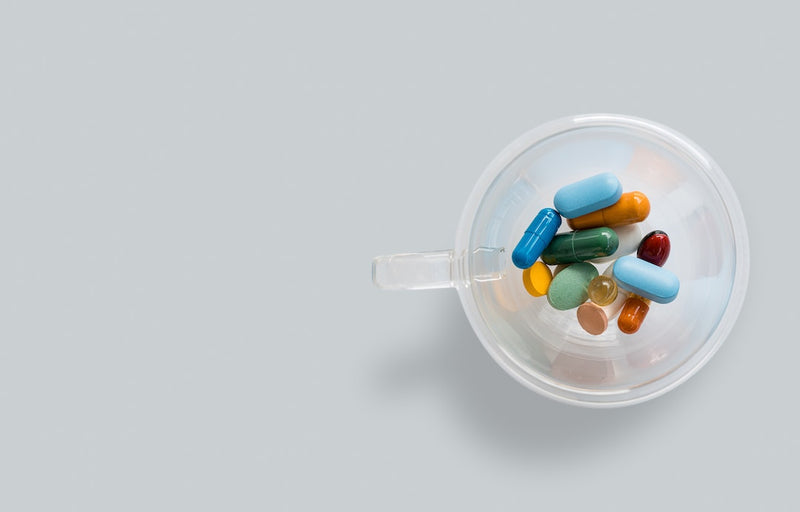Vitamin C often goes hand in hand when you hear about immune health. We’re here to share a quick guide to this powerful vitamin and some tips from one of our Registered Dietitians on how to make sure you are getting enough.
Vitamin C is a water-soluble vitamin found in fruits and vegetables. Since it is a water-soluble vitamin this means it is not well stored by the body. The body uses what it needs, and then excretes what it does not need through urine. However, this also means you need to get adequate vitamin C daily to keep your levels up (1). Vitamin C is a powerful antioxidant that is a vital part of maintaining a healthy immune system (1,2). But this vitamin plays a much more diverse role in the body than you may realize.
Why is having enough Vitamin C important?
Vitamin C has a very interesting history dating back to before its discovery in 1932. Ships would stock food for their crews that could be kept for long periods without spoiling so, naturally, fruit was not among these. Sailors who were out at sea for extended periods of time began to develop symptoms like fatigue, weakness, and bruising but most notably among these symptoms were bleeding gums, opening of previously healed wounds and eventually, death (1,2). What these sailors were experiencing is what we now know as scurvy from a lack of vitamin C.
Vitamin C is essential for the body’s production of collagen and is needed for synthesis of certain hormones, healthy muscle, skin, bone, blood vessels, cartilage and other connective tissues. Without it, the body begins to break down (1,2).
These days, although scurvy is very rare it does not mean that we are always getting an adequate amount of vitamin C to fully support all these processes in the body. Getting less than optimal vitamin C may result in an increased risk of illness and infection from a weakened immune system (1,2). So, how can we be sure we are getting enough Vitamin C?
How do I make sure I have enough Vitamin C?
The Recommended Dietary Allowances (RDA) for adults age 19 years of age and over for vitamin C is 90 mg per day for women and 75 mg per day for men. It’s important to note that smoking can decrease the absorption of vitamin C, so people who smoke need an extra 35 mg daily (1-3). For reference, one small orange contains about ~80 mg of Vitamin C (4).
While it is generally unlikely to get too much vitamin C, it is important to remember that certain people may experience side effects like stomach upset and oxalate renal stones (kidney stones) from excessively high “mega-dosing” of vitamin C (2). It is recommended to keep intake at or below the upper limit of 2,000 mg per day, and always speak with your doctor before taking a new dietary supplement (3).
What foods are sources of Vitamin C?
If you are a fruit lover, you’re in luck, as citrus fruits are an excellent source of dietary vitamin C. Some great sources of vitamin C include oranges, strawberries, kiwi, grapefruit, papaya and guavas. At the beginning of the week, I like to cut up a bunch of my favorite citrus fruits and make a big batch of slices to snack on. While citrus fruits are the most commonly known food sources of vitamin C, you may be surprised to learn that vegetables like bell peppers, broccoli and tomatoes are also among the ranks.
While in the U.S. citrus fruits are the most common source of vitamin C, it is interesting to note that worldwide there are other foods even higher in vitamin C. Some of the richest sources of vitamin C from around the world include the kakadu plum from Australia, camu-camu and acerola from South America as well as rose hips and sea buckthorn from Europe and East Asia (2).
Getting enough vitamin C is important in helping to support your immune system function and overall health. Check out d.velop™ ImmunityPlus as it not only contains 500 mg of vitamin C, but also zinc and vitamin D for optimal immune support*.
Author:
Laura Ward, MS, RD, LD, IBCLC
References
- Carr AC, Maggini S. Vitamin C and immune function. MDPI. https://www.mdpi.com/2072-6643/9/11/1211/htm. Published November 3, 2017. Accessed April 5, 2022.
- Doseděl M, Jirkovský E, Macáková K, Krčmová LK. et al. Vitamin C-sources, physiological role, kinetics, deficiency, use, toxicity, and determination. MDPI. https://www.mdpi.com/2072-6643/13/2/615/htm. Published February 13, 2021. Accessed April 5, 2022.
- Office of dietary supplements - vitamin C. NIH Office of Dietary Supplements. https://ods.od.nih.gov/factsheets/VitaminC-HealthProfessional/. Published March 26, 2021. Accessed April 5, 2022.
- FoodData Central. Oranges, fruit raw nutrients. Accessed May 11, 2022. https://fdc.nal.usda.gov/fdc-app.html#/food-details/746771/nutrients
